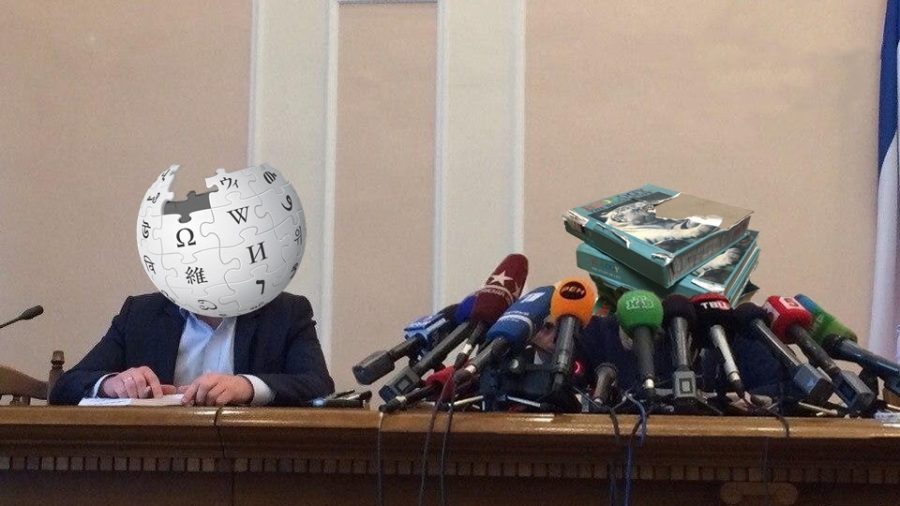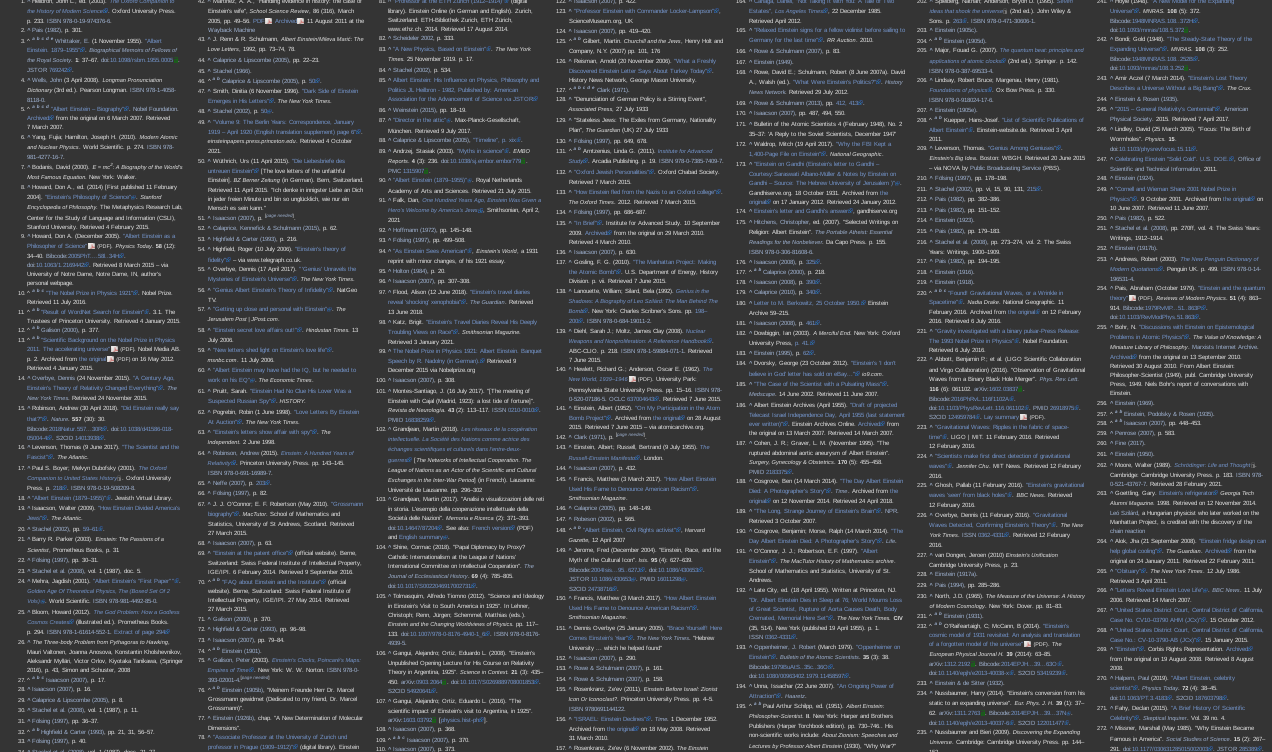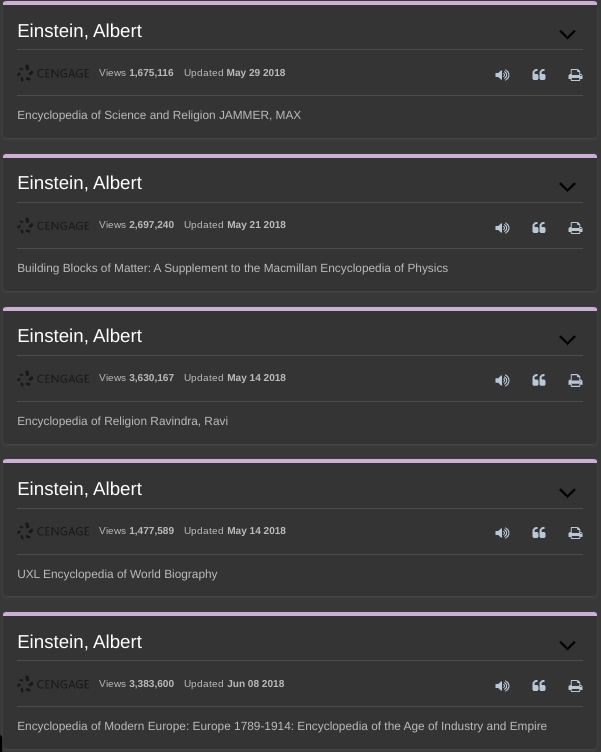OPINION: Wikipedia-The Forbidden Source
While old, outdated textbooks may get more attention than Wikipedia, the latter source can be more reliable and up-to-date most of the time.
Opinions expressed in the Op/Ed section of The Knight Crier are not necessarily reflective of the views of the entire staff of the KC.
“And remember, NO WIKIPEDIA!” We have all heard this at least once throughout our schooling career when writing a paper, doing a project, or simply researching a project. The world’s largest and most modern digital encyclopedia has gotten a bad rap over the years due to its reputation for being “unreliable”, as its defining feature is that it is able to be edited by anyone around the world. However, what many see as Wikipedia’s downsides may just be what gives it an advantage other sites like it.
When articles are able to be freely edited, people can make sure that articles stay up-to-date and relevant for generations to come. Articles can also be looked back on, to see what they looked like at other dates and points in history, when the facts and events pertinent to the topic were different.
While it seems that just anybody can edit these articles, a lot of intelligent thought and discussion goes into the slightest changes in these articles, and if a change is unable to be backed up by facts or seems untrue, the general consensus can rule it out. The discussion tab on any Wikipedia article can be accessed at any time, and one can see the decisions and discussions behind the changes made in any article you can find on the site.
These discussions can range from arguments about grammatical differences, possibly due to regions, factual errors, stylistic differences, and whether or not a source is able to be backed up. These discussions can take mere minutes, or can drag on for days, weeks, or even months, before any changes are made. Editors on Wikipedia seem to be incredibly dedicated to the truth, and finding it through its community is their passion.
Not just anybody can successfully create an article either. If you’re researching a topic that you feel is important enough to have a Wikipedia article and it doesn’t show up on the site, you can attempt to create your own article for it. You’ll need to back it up with facts and evidence, however, and even then, if Wikipedia’s editors don’t find the topic as important, well-known, or backed-up with facts as you do, it’s back to the drawing board for the article.
One of Wikipedia’s other features that differentiates it from other sites like it is its unmatched number of sources per article. If you compare the number of sources for the Wikipedia and Encyclopedia.com articles for Albert Einstein, Wikipedia has over 270 – Encyclopedia.com only has five.
Every one of these sources has been hand-picked by Wikipedia contributors, and have been looked through with a fine-toothed comb by its editors; and this isn’t just one editor, who may have a bias or may not be putting in 100% of their effort; these have to be unanimously agreed upon by many people who have been self-assigned to these articles. Without a source, or a verified source, a warning will appear on facts for whatever Wikipedia section is associated with these areas. Everything has to have a source, and nothing can be speculation.
If a teacher or professor states that you’re unable to use Wikipedia as a source, use the sources that Wikipedia directly cites. More than likely, they wouldn’t have any issues with it. As Wikipedia is nothing more than a better version of a compilation of the outside sources used in these articles, these scholarly sources are essentially the same if quoted through a Wikipedia citation than through themselves directly.




